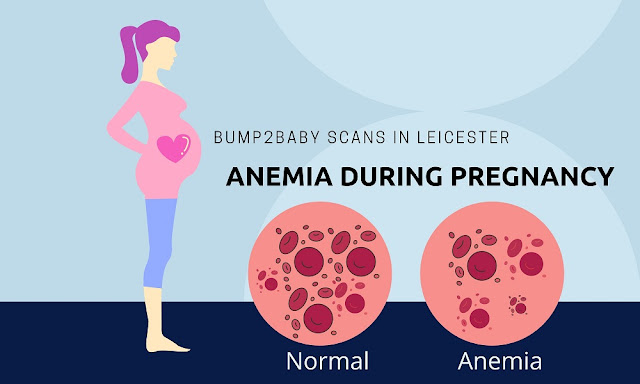Driving is an important aspect of many people's lives, and it doesn't cease when they get pregnant. It's difficult to know when to stop driving during pregnancy , or even if we should stop at all. Safety is, of course, paramount, both for the infant and for you. This is why it's crucial to think about when you should stop driving. Consult your doctor and conduct your research to determine the best way to protect yourself and your baby. We have more than our safety to consider as pregnant ladies. Hazards you need to consider To begin with, even if you are not pregnant, driving can be dangerous. Every year, around 3 million individuals are wounded in car accidents on American highways. Driving while pregnant can pose a risk to your safety. Our bodies are a lot more fickle than they used to be. Car rides can trigger nausea, migraines, and other physical aches that we didn't have before. Motion nausea is almost unavoidable, especially in the first trimester. While we...
Anaemia is defined as a peripheral blood haemoglobin (Hb) concentration of 10 g / dl or less, according to a recent WHO guideline.
In India, iron deficiency anaemia (IDA) is a major public health problem. Anaemia is believed to be responsible for approximately 20% of maternal deaths and another 50% of maternal deaths.
When anaemia develops severely during pregnancy, the amount of amniotic fluid that surrounds the fetus can be reduced. There is also a higher chance of miscarriage, the baby being born too early, or the baby being born with low birth weight. Babies born to anaemic mothers can also be anaemic.
If a woman is anaemic during pregnancy and loses a lot of blood during childbirth, she may need a blood transfusion around the time of delivery.
Causes of anaemia during pregnancy
The increase in blood volume, which can be between 25% and 40% of extra fluid that travels through our veins during pregnancy, is one of the main causes of anaemia. Your body is sending blood to your baby to provide the nutrition it needs. This procedure requires the production of additional red blood cells, as well as the supply of additional nutrients, particularly iron.
Another cause of anaemia during pregnancy is an increase in body fluids, which further dilutes the red blood cell count.
How does balanced diet help?
Iron, folic acid, and B12 levels are important to prevent and treat anaemia, and diet plays a key role in maintaining them. Consuming enough citrus fruits and avoiding tea and coffee before or shortly after meals can help absorb iron and prevent anaemia.
Pregnant women should take a daily iron and folic acid supplement with 30 mg to 60 mg of elemental iron and 400 mg of folic acid to avoid maternal anaemia and its accompanying consequences, such as low birth weight and premature delivery.
If you have any questions about pregnancy or any other disorder during pregnancy, please contact us, we have been experts in pregnancy for many years, we will give you the perfect solution and verify the health of the baby using an ultrasound scan at Bump2Baby Scans.

Comments
Post a Comment